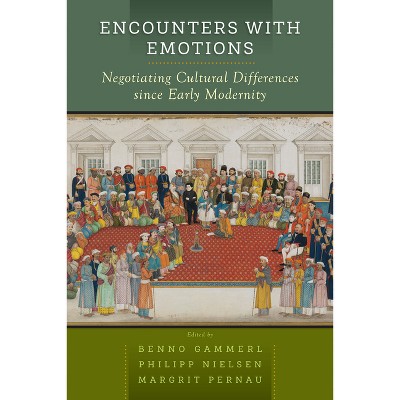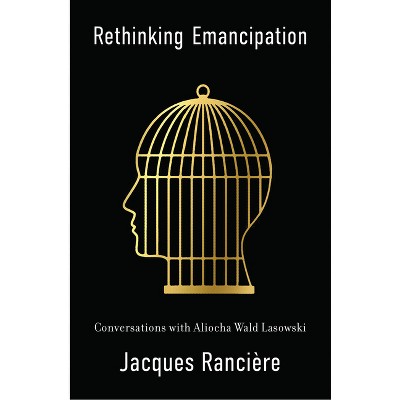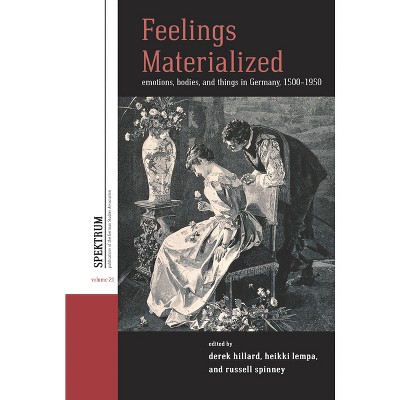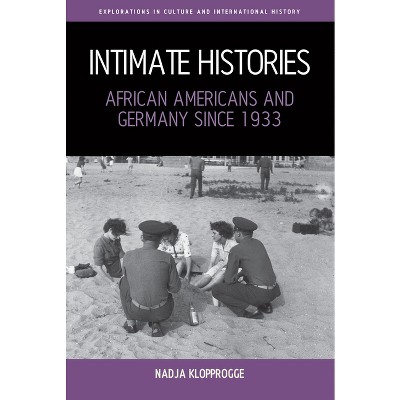Rethinking the Age of Emancipation - by Martin Baumeister & Philipp Lenhard & Ruth Nattermann (Paperback)

About this item
Highlights
- Since the end of the nineteenth century, traditional historiography has emphasized the similarities between Italy and Germany as "late nations", including the parallel roles of "great men" such as Bismarck and Cavour.
- About the Author: Ruth Nattermann is Assistant Professor at the Department of European History at the Ludwig-Maximilians-University in Munich.
- 444 Pages
- History, Europe
Description
Book Synopsis
Since the end of the nineteenth century, traditional historiography has emphasized the similarities between Italy and Germany as "late nations", including the parallel roles of "great men" such as Bismarck and Cavour. Rethinking the Age of Emancipation aims at a critical reassessment of the development of these two "late" nations from a new and transnational perspective. Essays by an international and interdisciplinary group of scholars examine the discursive relationships among nationalism, war, and emancipation as well as the ambiguous roles of historical protagonists with competing national, political, and religious loyalties.
Review Quotes
"The volume should interest scholars of the nineteenth- and early-twentieth centuries, while its engaging individual chapters could easily be assigned to undergraduate or graduate students." - The English Historical Review
"For many reasons, [this] is an exciting and groundbreaking book... [Its] three editors are all highly qualified to comment on the present state of affairs in histography regarding the family, the nation, and Jewish and gender history. They write with urgency and clarity... By integrating the comparative histories of Italy and Germany with the transnational, as well as the Jewish and feminist histories of Italy and Germany, the book shows very clearly how both these perspectives are significant and necessary, offering insights into the way individuals and families in both nation states considered how gender and identity formed a major part of their shared experiences." - Australian Journal of Jewish Studies
"The greatest achievement of this edited volume is that it doesn't aim to define emancipation but to understand both the 'woman' and 'Jewish question' within the ideology of nationalism. The articles also provide new conceptual frameworks such as compared and integrated history, transnational, and entangled histories (Amerigo Caruso), and a variety of yet unexplored historical sources, such as ego documents. Scholars interested in the intersection of the cultural turn and nationalism studies might find this volume of prime interest as well." - KULT_Online
"With a genuinely transnational perspective, this volume avoids the pitfalls of a simple juxtaposition of parallel stories, German and Italian, entrenched in the narrative tradition of national history. It presents an original standpoint on gender as well as Jewish studies." - Asher Salah, Hebrew University of Jerusalem
About the Author
Ruth Nattermann is Assistant Professor at the Department of European History at the Ludwig-Maximilians-University in Munich. She has been principal investigator of the international DFG-network of scholars "Gender - Nation - Emancipation".











